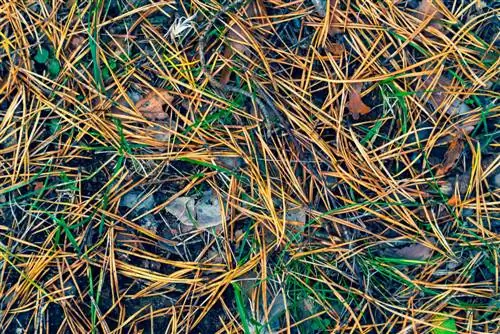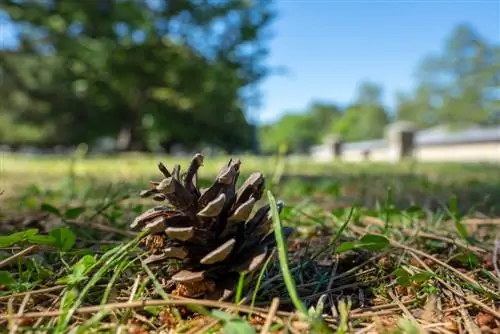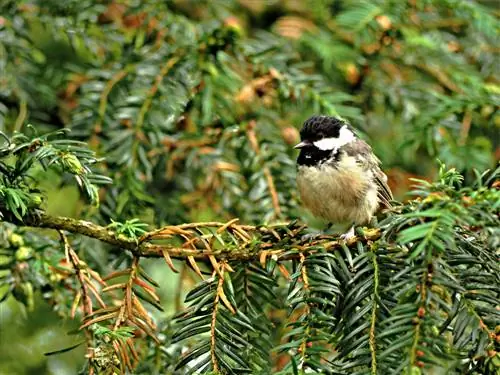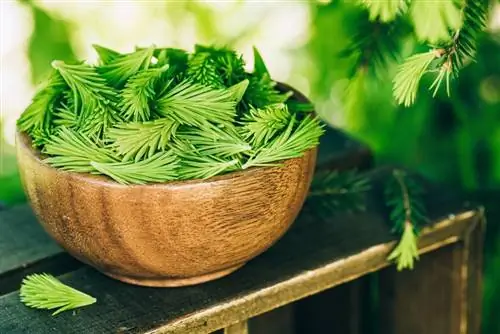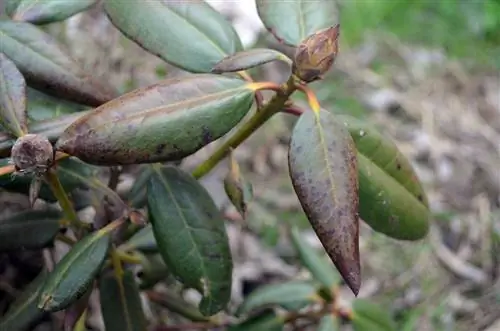- Author admin leonars@hobbygardeners.com.
- Public 2023-12-16 16:46.
- Last modified 2025-01-23 11:21.
Spruce trees in some form are now found in many gardens. Although they are not considered particularly demanding, the needles often turn brown or even fall off. Quick help is needed here so that the tree doesn't collapse.
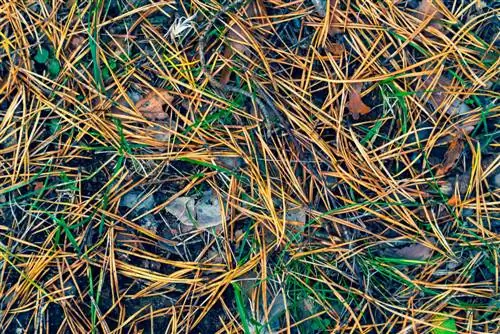
Why is my spruce losing needles and what can I do about it?
Spruce trees lose needles due to parasites, stress from transplanting, drought, compacted soil, or nutrient deficiency. To help the spruce, you should water it thoroughly, loosen the soil, supplement nutrients and remove infected areas.
Why does the spruce lose needles?
If a spruce tree needles, it can have very different causes. Sometimes parasites are behind it, but often it is dryness, a lack of nutrients or soil that is too firm. This can lead to waterlogging, which a spruce generally dislikes.
Drought doesn't just happen in the hot summer, it can also cause your spruce to needle in the winter. If the ground is frozen, the spruce cannot absorb water from it. But if the sun shines at the same time, moisture evaporates through the needles and the spruce suffers drought damage.
Reasons for falling needles in spruce:
- Parasites
- Stress from transplanting
- Drought, due to frost or lack of water
- compacted soil
- Nutrient Deficiency
How can I help my spruce?
If you cannot detect parasites such as bark beetles, the Sitka spruce louse or spider mites and/or suspect a lack of water, then you should water your spruce thoroughly. Is the spruce in a pot? Thorough watering is particularly easy and uncomplicated here. Simply place the bale in a large bucket or trough filled with water. When it is full, put the spruce back in the planter.
Ball dryness can be difficult to resolve. If the root ball of the spruce dries out completely, the fine hair roots, which are particularly important for water absorption, are damaged. Most of the time the spruce then dies.
The most common parasite in spruce is probably the bark beetle. Contrary to popular belief, it does not only occur in the forest. It can also attack your spruce tree in the garden. The only thing that helps here is felling the affected spruce.
Tip
Water your spruce thoroughly after any transplanting, but without causing waterlogging. The risk of ball dryness is particularly high during growth.

